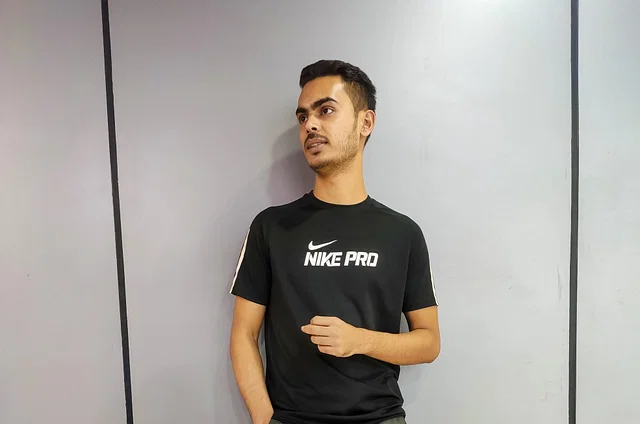The century-old house known as ‘Mahmudalay’ on Gorachand Das Road in Barishal city stands in eerie silence. From the outside, it is impossible to tell if anyone is inside. Entering through the main gate on a Saturday night, the old house comes into view with its doors open and lights on inside.
With permission, I entered and was seated. Soon, the silence was broken by the sound of crying. Parvin Sultana emerged from an adjacent room, weeping bitterly.
She is the mother of Abdullah Al Abir (24), who was shot dead in a clash in Baridhara, Dhaka, on his way to work on July 19. Abir worked at North South University. He succumbed to his injuries the next morning while in the ICU.
Upon learning my identity as a journalist, Parvin Sultana, amidst her tears, said, “What good will writing do now? You can’t bring my son back.” She then started lamenting, “My Abir, my Abir,” pounding her chest in grief.
Abir, a cherished member of the family, is now just a memory. His presence is felt throughout their home. His father, Mizanur Rahman, remains speechless, while his older sister, Maria Islam Mouri, struggles to forget the agonizing 14-hour battle to save her brother’s life. With tears in her eyes, Maria recalls, “We gave 12 bags of blood. We fought all night to save him, but we couldn’t.
The house named ‘Mahmudalay’ on Gorachand Das Road is quite old. Abir grew up here at his paternal uncle’s house. Their ancestral home is in Khudrakathi village in Babuganj Upazila. Abir was known in the neighborhood as a gentle, kind-hearted young man who was always eager to help others. After passing his SSC from Barishal Udayan School in 2016, he enrolled at Mirpur Bangla College in Dhaka and later attended the Government Polytechnic Institute in Barishal. Abir was more passionate about sports than studies. Last year, Maria arranged for him to work at North South University in Dhaka.
Maria recounts that on July 19, Dhaka was engulfed in intense clashes, with gunshots and sound grenades resonating everywhere. Abir came home to Baridhara for lunch and was returning to work in the evening when he was shot. At around 6 PM, a friend informed Maria that Abir was admitted to Gulshan Mother and Child Hospital. From there, she learned he was moved to MZ Hospital and then to Dhaka Medical College Hospital, where she found him in the emergency department.
Maria recalls, “Abir was still talking then, telling me not to worry. He had been shot in the abdomen, with the bullet hitting his kidney, causing severe bleeding. After being taken to the bed post-dressing, the bleeding intensified. Surgery began at midnight and lasted until 4:30 AM. One kidney was removed, but the bleeding continued. Despite receiving 12 bags of blood, he was placed in the ICU and passed away at 8:30 the next morning.” Maria breaks down in tears, remembering her sports-loving brother. Parvin Sultana displays Abir’s medals, crests, and trophies, reminiscing about her son’s achievements.
Parvin Sultana says, “My son never wanted to visit our village. Despite my efforts to convince him, he always said he would never leave Barishal for the village. Now, I have laid him to rest in that very village.”
The once eerily silent house on Gorachand Das Road is now filled with grief and sorrow. The somber atmosphere pervades as the cries and laments echo through the night, with the moon shining down in mournful silence.










